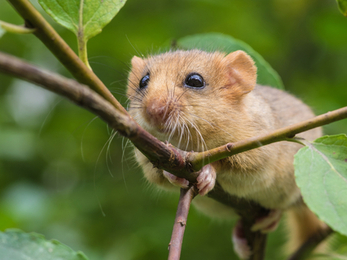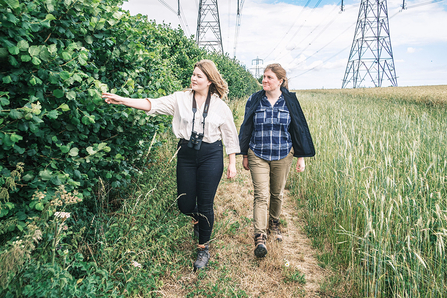In September 2023, Suffolk Wildlife Trust, the Stour Valley Farm Cluster, and the Wool Towns Farm Cluster submitted a joint bid to the Department of Environment, Food and Rural Affairs (DEFRA) for the second round of the Landscape Recovery pilot.
DEFRA have now approved the project - named Connecting Constable and Gainsborough Country - and have awarded £750,000 to fund and support landscape-scale works for wildlife.
The pilot is one of 34 second-round projects and part of the Environmental Land Management schemes (ELM). The funding is for a 2-year period to develop the pilot in which we aim to enhance and connect wildlife habitats across farmlands in the project area - which extends through the Stour, Brett, and Box valleys.
The vision for the project is to create a wilder environment in which wildlife can move across the landscape by creating an expansive network of farmland enhanced for nature. This will include:
- habitat corridors encompassing woodland, scrub, grassland, and ponds
- wildlife-friendly farmland landscapes
- well-managed ancient and secondary woodlands
- natural heritage features.
One of the key focuses of this project it to recover, restore, and reconnect woodland sites across the valleys - habitats vital for flagship species such nightingale, turtle dove, great crested newt, and specialist flora. Most notably, we hope to reconnect rare populations of hazel dormouse which are currently restricted to only a small number of sites in south Suffolk & north Essex.





